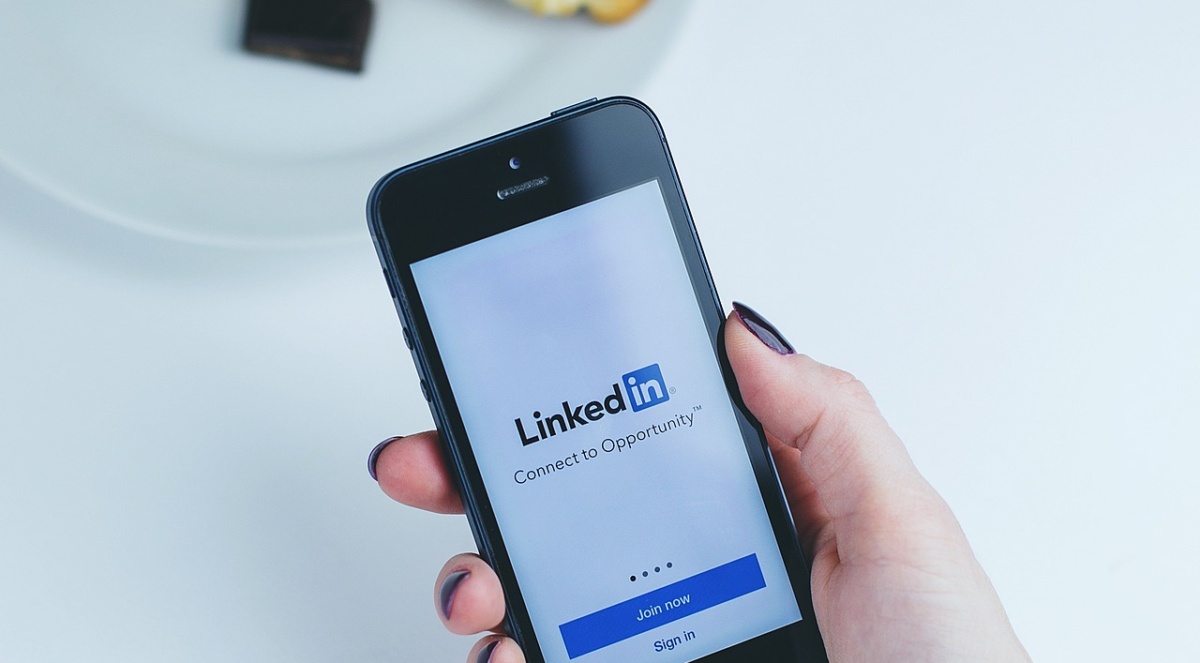In today’s highly competitive B2B landscape, access to quality data is key to driving sales and generating leads. Many companies are turning to software tools that scrape data from platforms like LinkedIn to identify potential clients. However, this practice raises serious questions regarding data privacy, particularly with the General Data Protection Regulation (GDPR) in the UK and EU. This article explores how data scraping works, why it often falls short of GDPR’s ‘Legitimate Interest’ basis, and the potential consequences for businesses not adhering to the rules.
How Data Scraping Works
Data scraping involves using automated tools (often bots or specialised software) to extract large amounts of publicly available information from websites like LinkedIn. This data typically includes names, job titles, company names, contact information, and professional details. Many lead generation companies argue that since the information is publicly accessible, scraping it is legal. However, simply accessing public information does not automatically make its collection and use lawful under GDPR.
Scraping tools interact with LinkedIn’s HTML structure, identifying patterns such as user profiles, contact details, and other structured data. Once the bot gathers the data, it’s processed, categorised, and then sold or used for targeted marketing.
Why Data Scraping May Violate GDPR
Under GDPR, processing personal data must meet at least one of several lawful bases, and “Legitimate Interest” is often cited by companies as justification for data scraping. However, for this argument to hold, the interest of the business must not override the rights and freedoms of individuals.
Here’s where things become problematic:
- Informed Consent – LinkedIn users are generally unaware that their data is being scraped and used for purposes other than what LinkedIn intended. The lack of explicit consent from users makes this practice non-compliant with GDPR
- Purpose Limitation – GDPR requires that personal data be collected for “specified, explicit and legitimate purposes.” Using LinkedIn data for mass marketing or sales purposes is not in line with the platform’s intended use, and scraping goes beyond what users have consented to
- Data Accuracy – Scraped data is often outdated or inaccurate, which violates the GDPR’s requirement for personal data to be up to date and accurate
Even more concerning is that LinkedIn itself prohibits scraping through its terms of service, making the practice legally questionable even outside the realm of GDPR.
LinkedIn’s Response to Scraping
LinkedIn has long been fighting against the use of scraping tools, which violate their terms of service. They have tightened their security measures and pursued legal action against companies that scrape their data. Recently, LinkedIn has been looking at their privacy policies and developing new ways to further safeguard their users’ data. By strengthening their enforcement mechanisms, LinkedIn aims to create a safer environment for its users and mitigate the risks posed by unauthorised scraping.
This ongoing crackdown could lead to the blocking or deactivation of accounts associated with such tools, putting businesses that rely on these practices at serious risk.
Pitfalls of Using Lead Gen/Sales AI Tools in the Context of GDPR Compliance
When using any kind of sales or AI-driven lead generation software, businesses must remain conscious of their responsibilities under GDPR. Below are some common pitfalls:
- Lack of Explicit Consent: Many AI tools automatically harvest and process data without obtaining user consent, exposing businesses to compliance risks
- Insufficient Documentation: GDPR requires companies to keep records of how data is collected, processed, and stored. Many scraping tools lack transparency in their data handling procedures
- Non-compliance with Data Subject Rights: GDPR gives individuals rights over their data, including the right to access, rectify, or erase their data. Companies using scraped data may struggle to respond to such requests in a compliant manner
- Data Breaches: Tools that collect large amounts of data can create vulnerabilities and, if compromised, lead to serious breaches, further compounding GDPR violations
- Reputational Damage: Fines and legal actions aside, the reputational damage of being associated with illegal or non-compliant data practices can be catastrophic
Companies that rely on scraping tools for lead generation are walking a fine line between innovation and privacy violation. As GDPR fines in the UK reach into the millions, businesses need to ensure they are operating within the law. With LinkedIn tightening its privacy policies, it’s essential for marketers and sales professionals to rethink their data-gathering strategies and prioritise transparency, consent, and GDPR compliance.
By adhering to GDPR principles and respecting individuals’ rights, businesses can avoid hefty fines, legal challenges, and reputational damage, ensuring sustainable and ethical growth in the long term. If you want some advice around this subject just drop the Marketscan team a message.
